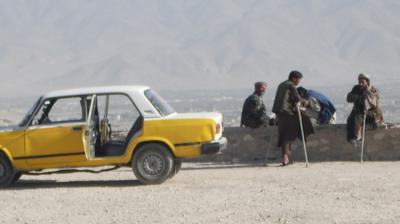Nigeria: Defying the resource curse
The idea that oil wealth tends to undermine democratic transition is one of the central tenets of the resource curse paradigm. This chapter takes a closer look at the political process that unfolded during the 2015 Presidential election in Nigeria. Viewed by many as the quintessential resource cursed country, experiencing high levels of oil sector corruption, embezzlement and capital flight, Nigeria nonetheless underwent a democratic transition with its March 2015 elections. The explanation for this puzzle partly lies, this chapter argues, in the recent fall in oil prices and related government revenues, which limited patronage spending before the elections. Applying a political ecology lens to the case, however, also points towards deeper explanations: the costs and benefits of Nigerian oil extraction have been very unevenly distributed, allowing the formation of new, and the destruction of old, political alliances.
- Democracy and Governance
- Climate and Natural Resources
- Nigeria
- Nigerian
- Resource curse
- Political ecology
- Oil
- Elections
- Political transition
Appears in:
Corruption, natural resources and development: From resource curse to political ecology
Williams, David Aled, Philippe Le Billon (Eds.)
Also in this volume:
- Introduction
Williams, David Aled, Philippe Le Billon - Governance challenges in Tanzania’s natural gas sector: Unregulated lobbyism and uncoordinated policy
Fjeldstad, Odd-Helge and Jesper Johnsøn - Corruption and elite capture of mining community development funds in Ghana and Sierra Leone
Dupuy, Kendra - Strengthening institutions against corruption? Biofuel deals in Ghana
Boamah, Festus, David Aled Williams


